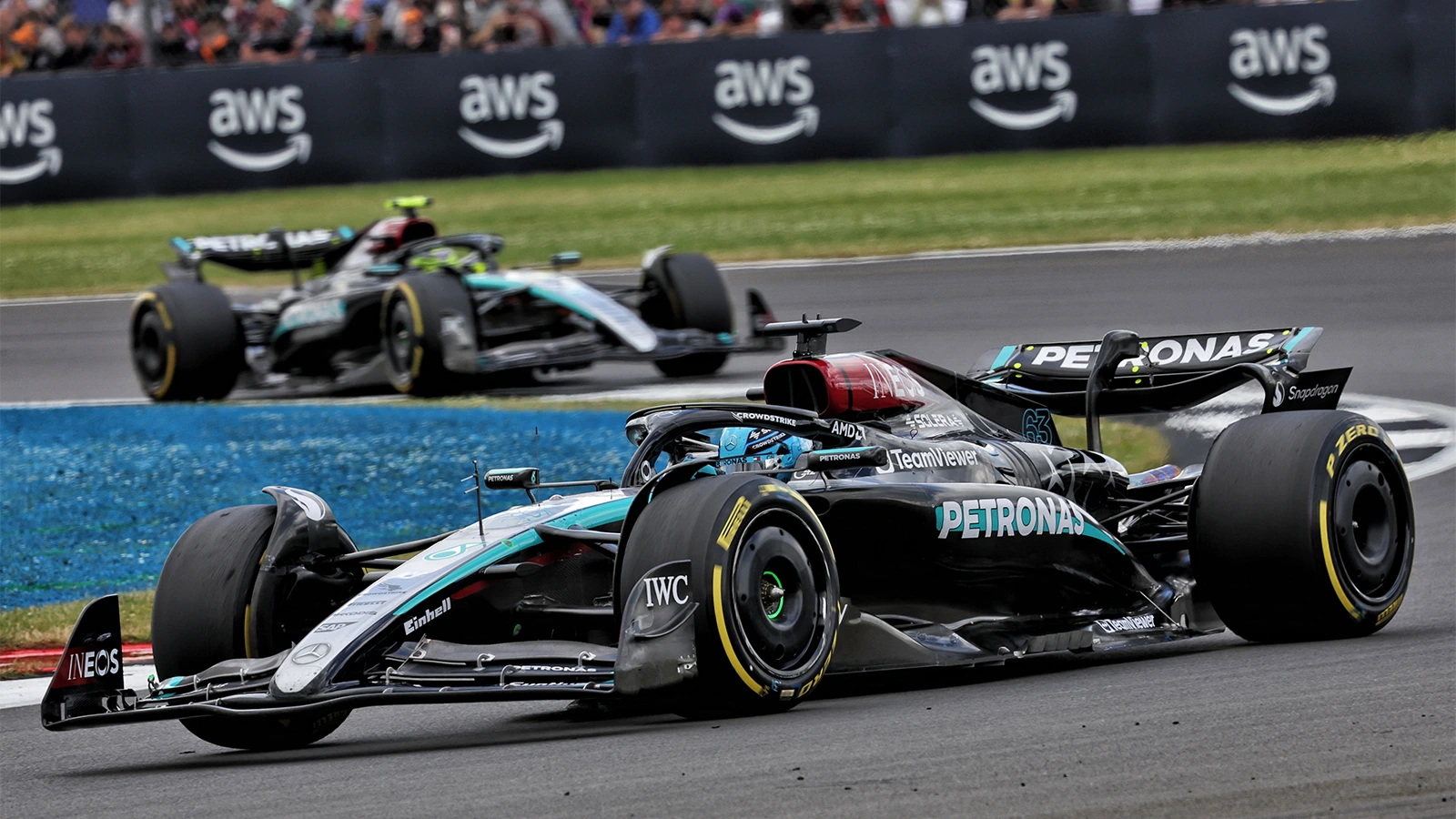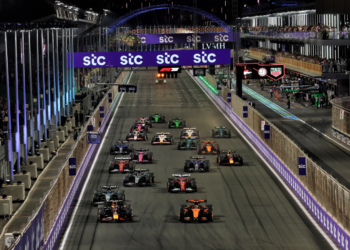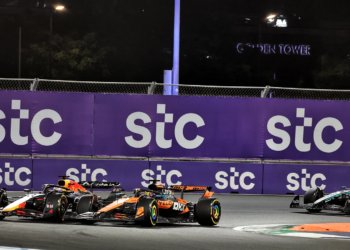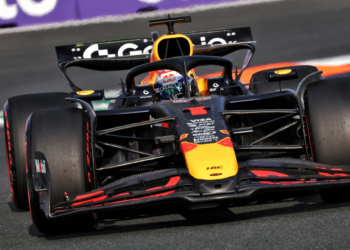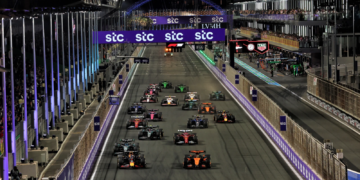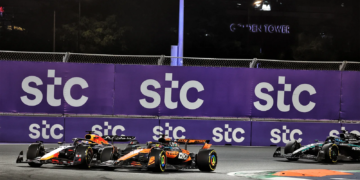Toto Wolff admits Mercedes won’t “get rid” of its performance fluctuations during the 2025 Formula 1 season, but doubts the team’s rivals will either.
2024 was a historically competitive F1 season as seven different drivers won multiple races for the first time.
The winners represented four teams: Red Bull, Ferrari, McLaren and Mercedes but each member of this quarter had good and bad moments.
Mercedes wasn’t exempt from this and was even the clearest example of a team with fluctuating form.
After starting as the fourth-fastest team with work to do to catch its three main rivals, Mercedes won three out of four races heading into the summer break, before emerging on the other side with ground to cover.
A dominant one-two in the Nevada streets of Las Vegas highlighted Mercedes’ narrow operating window for optimal performance, with cooler temperatures being the key.
Speaking to Auto Motor und Sport, Wolff said that in 2025, “The trick is to be on the good side as often as possible.
“You start to correlate patterns – race tracks where your car is good, practice sessions where you pushed your car, tyre compounds with which the car harmonises better, track temperatures that are good for the car,” Wolff added.
Despite winning four races, Mercedes had a clear weakness in warmer temperatures, severely limiting its ability to challenge consistently.
It characterises the team’s development struggles in the ground effect era, which Wolff wants to put right in the final year of this rules cycle.
“I hope that we draw the right conclusions from this over the winter and adjust the development direction for the 2025 car,” he said.
“We won’t be able to get rid of these fluctuations completely. We will also see them next year with all the teams.”

Several teams have strengths and weaknesses
The ground effect rules cycle has seen several teams struggle to add performance to cars without ending up with unnecessary side effects.
After Red Bull won seven of the first 10 races, it went on a 10-round winless run after developing an unbalanced RB20.
Ferrari, after winning two in the first eight races, had a summer of woe tracking back on an upgrade package that introduced bouncing to the SF-24.
Even McLaren, the team that had arguably the strongest package on the F1 grid took several rounds to get up to speed.
Wolff acknowledges that Mercedes isn’t alone in having strengths and weaknesses.
“All four teams that won races [in 2024] have experienced these ups and downs,” Wolff said.
“Nobody has designed a car that was consistently good across all race tracks and all weather conditions.
“McLaren had a great car for maximum downforce and hot weather. The Ferrari was also more on that side.
“Our car was fast when there were fast corners and the temperatures were cold. The Red Bull could sometimes do one thing and sometimes the other.”
READ MORE – Toto Wolff reveals Mercedes came ‘very close’ to cost cap breach in F1 2024

